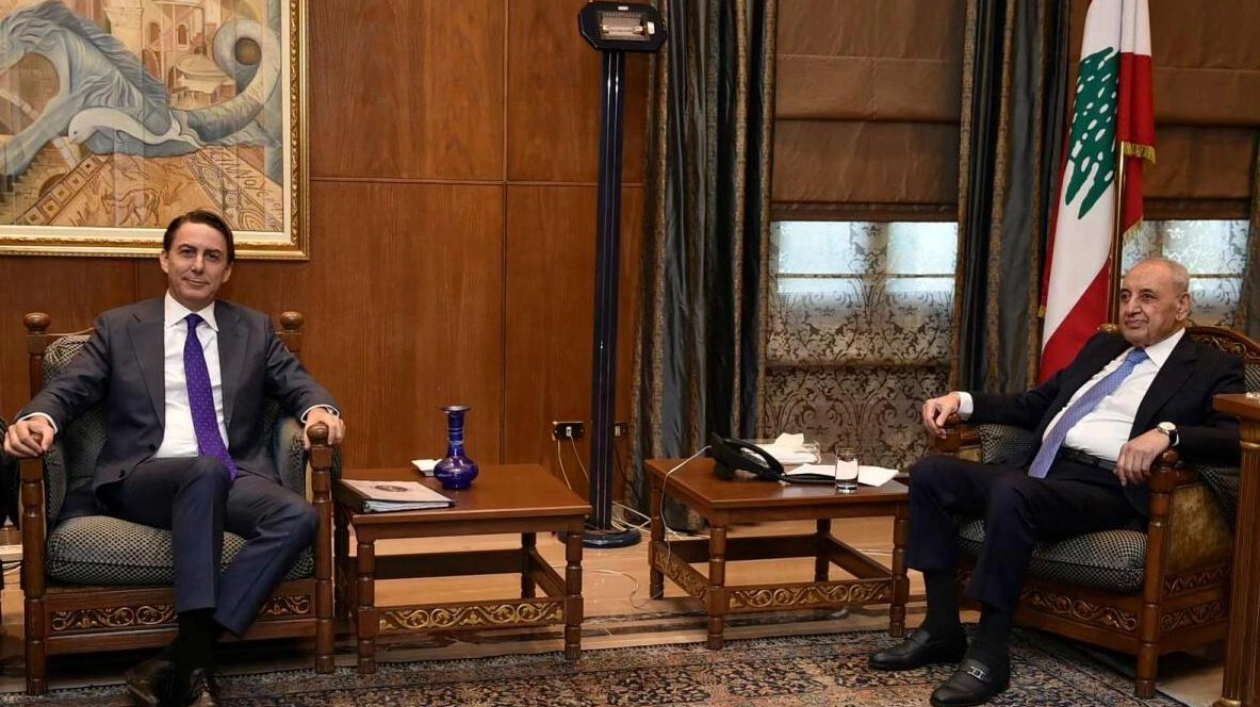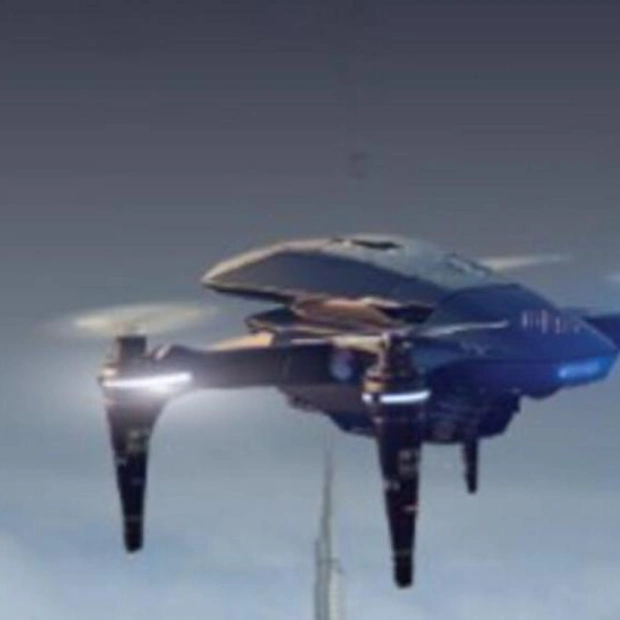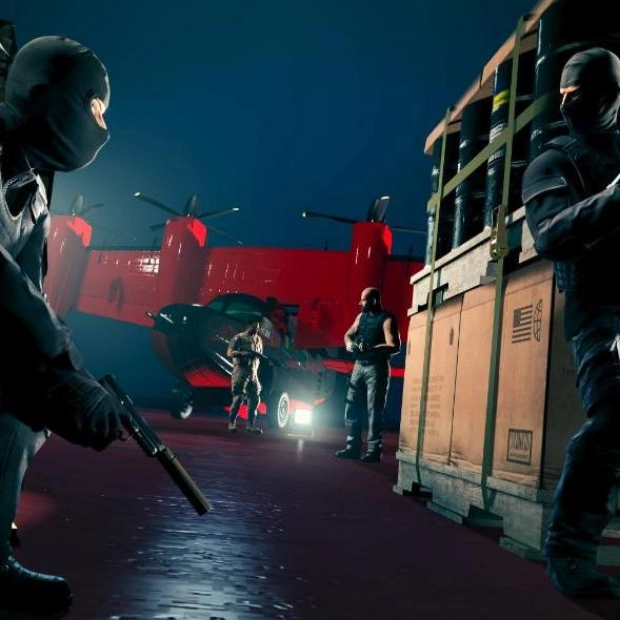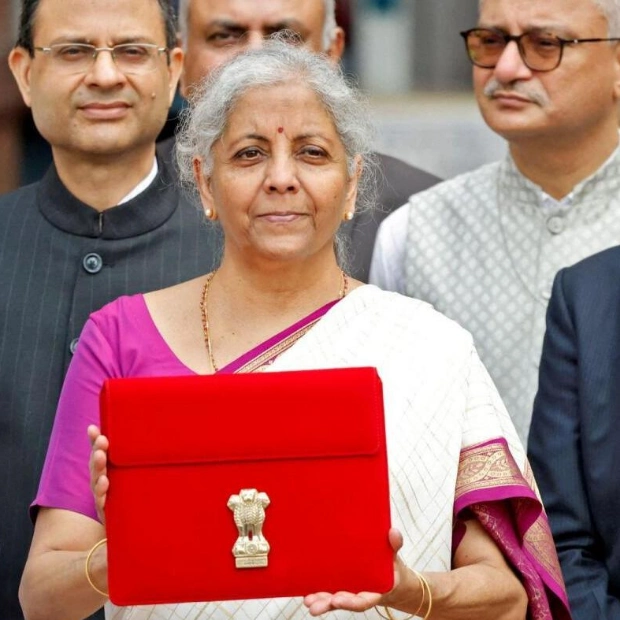Lebanese Parliament Speaker Nabih Berri (R) meets US special envoy Amos Hochstein in Beirut on November 19, 2024. — AFP
US special envoy Amos Hochstein arrived in the Lebanese capital on Tuesday for discussions with officials regarding a truce plan, which Lebanon has largely supported, aimed at halting the Israel-Hezbollah conflict. The United States and France have been leading efforts for a ceasefire in the ongoing war, which intensified after nearly a year of deadly exchanges between Hezbollah and Israeli forces. Israel shifted its focus from Gaza to Lebanon in late September, pledging to secure its northern border to enable the return of tens of thousands displaced by the cross-border hostilities. Since the clashes commenced with Hezbollah's attacks on Israel, over 3,510 people in Lebanon have perished, according to local authorities, with most deaths occurring since late September. As the Lebanese government examines a US truce proposal, an official closely monitoring the talks stated on Monday that there is a "very positive outlook" on the plan. "We are finalizing our last comments on the US draft," the official noted. Another government official mentioned that Lebanon is "awaiting the arrival of US special envoy Amos Hochstein to address certain unresolved issues with him." Israeli Prime Minister Benjamin Netanyahu declared on Monday that Israel would persist in its military operations against Hezbollah even if a ceasefire is established. "The most crucial aspect is not the agreement that will be written on paper," Netanyahu told parliament. "We will be compelled to ensure our security in the north and systematically conduct operations against Hezbollah's attacks... even post-ceasefire," to prevent the group from regrouping, he added. Netanyahu also expressed skepticism about Hezbollah's commitment to any ceasefire. Hezbollah initiated its campaign in solidarity with its Palestinian ally Hamas, following Hamas's October 7, 2023, attack on Israel, the deadliest in Israeli history. Hamas's assault resulted in the deaths of 1,206 individuals, predominantly civilians, according to an AFP compilation of Israeli official data. The health ministry in Hamas-controlled Gaza reported that the death toll in the war has reached 43,922, mostly civilians, which the United Nations deems reliable. Since September, Israel has conducted extensive bombing campaigns in Lebanon, primarily targeting Hezbollah strongholds, though some strikes have impacted areas beyond the Iran-backed group's control. A strike on Monday in central Beirut claimed five lives and injured 31 others, according to the health ministry. The affected area of the capital has recently become a refuge for many fleeing Hezbollah's main stronghold in the southern suburbs. Israel has also deployed ground troops into Lebanon, while Hezbollah continues to launch projectiles into Israel almost daily. On Monday, Israel's military reported that Hezbollah fired approximately 100 projectiles into northern Israel, with some being intercepted by air defenses. In Shfaram, east of the Haifa region where Hezbollah frequently claims attacks, a rocket struck a building, resulting in the death of a woman, according to emergency services. The building "sustained a direct hit," and 10 people were lightly injured, paramedics reported. In the suburbs of Israel's commercial hub Tel Aviv, five people were wounded, including one woman in serious condition, after rockets were fired into central Israel, according to first responders. Hezbollah claimed it launched "attack drones" against "sensitive military points... in the city of Tel Aviv" and shot down an Israeli drone in southern Lebanon. The group announced on Tuesday that it fired a barrage of rockets at the northern Israeli town of Kiryat Shmona. G20 leaders called for "comprehensive" ceasefires in both Gaza and Lebanon in a joint statement at a summit in Brazil on Monday. State Department spokesperson Matthew Miller stated that the United States had shared proposals with both Lebanon and Israel. "Both sides have responded to the proposals we have presented," he said. "There has been an exchange of various ideas on how to achieve what we believe is in everyone's interest, which is the full implementation of UN Security Council Resolution 1701, and we will continue to engage in that process." Under UN Resolution 1701, which concluded the last Hezbollah-Israel war in 2006, Lebanese troops and UN peacekeepers should be the sole armed forces deployed in southern Lebanon, where Hezbollah holds sway. It also mandated Israel's withdrawal from Lebanon. Another Lebanese official disclosed that US ambassador Lisa Johnson discussed the plan last week with Lebanese Prime Minister Najib Mikati and Hezbollah-allied parliamentary speaker Nabih Berri, who has been mediating on behalf of the group. The official noted that the proposal encompassed "13 points spanning five pages." If an agreement is reached, the United States and France will issue a joint statement, followed by a 60-day truce during which Lebanon will redeploy troops in the southern border area, near Israel.
Source link: https://www.khaleejtimes.com






